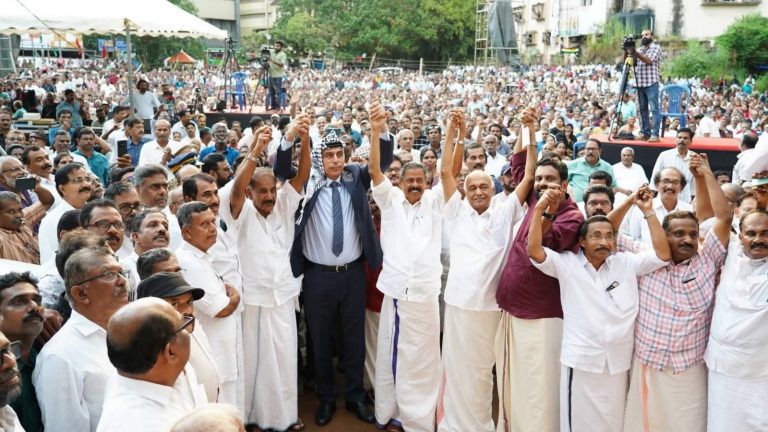Filipinos Reject Israeli Tourism Amid The Gaza Genocide
Siargao seems like the most unlikely place where the ongoing genocide in Gaza might enter public discourse. A small island in the Philippines’ Mindanao region, it is best known as a top international surfing destination. It has a reputation for being laid-back, slow-paced, and largely tolerant of the influx of outsiders despite the rapid changes they have brought to island life. In the past several months, things have changed.
In mid-2024, as the genocide in Gaza intensified, a number of local Filipinos in Siargao began to show their support for a free Palestine in small ways. Some covered over Israeli stickers posted in public spaces with their own Free Palestine messages. Others talked about holding a protest event—a plan that fizzled out.















